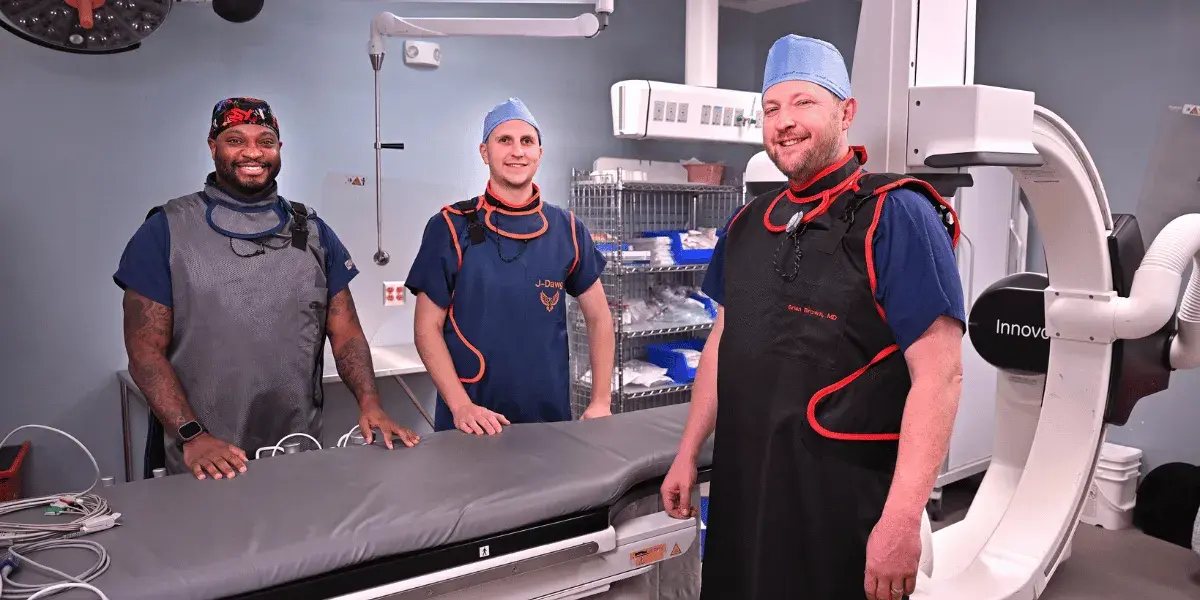
Focus on staying healthy this flu season
Flu season is quickly approaching in Upstate South Carolina so it's important to take steps to stay healthy, and if you do get sick, know where to get the right care.
"While most of us who get the flu will have moderate symptoms like body aches, fever, and cough that can last a week or so and may keep us out of daily activities like work or school, other people may not be so fortunate," said Dr. Chris Lombardozzi, Spartanburg Regional Healthcare System’s Senior Vice President & Chief Medical Officer - Hospitals.
Approximately 20,000 to 40,000 Americans die from the flu each year with most of those being older in age or having significant chronic medical conditions, Dr. Lombardozzi said.
"The best way to prevent severe symptoms and spreading the flu to others is to get vaccinated," Dr. Lombardozzi said. "While the flu vaccine doesn't prevent you from getting the flu, it gets your body ready to fight it off better. The flu vaccine is a great way to reduce your risk of severe illness, loss of work or school time, and spreading it to your friends and family."
Our physicians recommend practicing these healthy habits as the flu season is right around the corner.
- Stay hydrated by drinking plenty of fluids.
- Eat a balanced diet with nutritious foods.
- Avoid touching your eyes, nose and mouth, which can spread germs after touching contaminated surfaces.
- Wash your hands often with soap and water for at least 20 seconds. If soap is not available, use an alcohol-based hand sanitizer.
- Cover your nose and mouth when sneezing or coughing to prevent the spread of germs.
- Stay home if you are sick and avoid close contact with people who are sick.
- Get plenty of rest.
- And when sickness strikes, whether it be the flu, RSV or anything else, deciding where to go to receive the best care is critical.
If there is no emergency, it is always best to make an appointment with your primary care provider. Using a primary care provider is the best option, and he or she is more familiar with your medical history. These providers can discuss medication interactions with over-the-counter cold medicines and advise next steps if your illness worsens.
Spartanburg Regional’s six immediate care centers accept walk-in patients and should be used if an illness is not life-threatening and you are unable to make an appointment with a primary care provider. Immediate care centers should be considered for more common illnesses or medical ailments.
Spartanburg Regional’s emergency departments are open 24 hours, seven days per week for life-threatening medical emergencies. Patients should call 9-1-1 for medical emergencies, especially when experiencing stroke or heart attack symptoms.
You should seek medical attention at an emergency department for serious conditions, including:
- Chest pain or pressure
- Convulsions or seizures
- Difficulty breathing or choking
- Difficulty speaking, drooping face or numbness of limbs
- Loss of consciousness
- Poisoning
- Severe head, neck or back injury
- Severe bleeding or burns
- Severely broken bones or loss of limb
Staying informed can help you stay healthy and be confident you are finding the right place for the most effective level of care.












